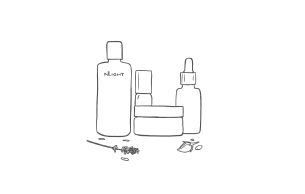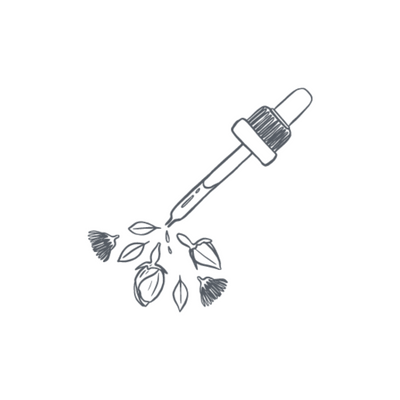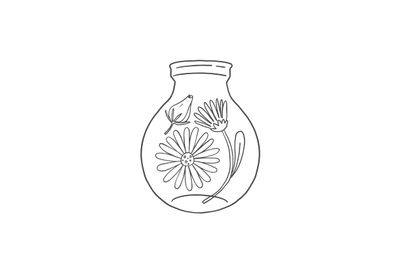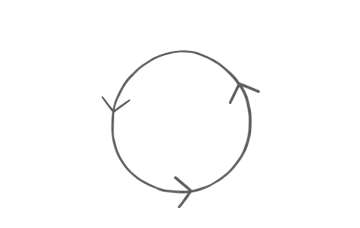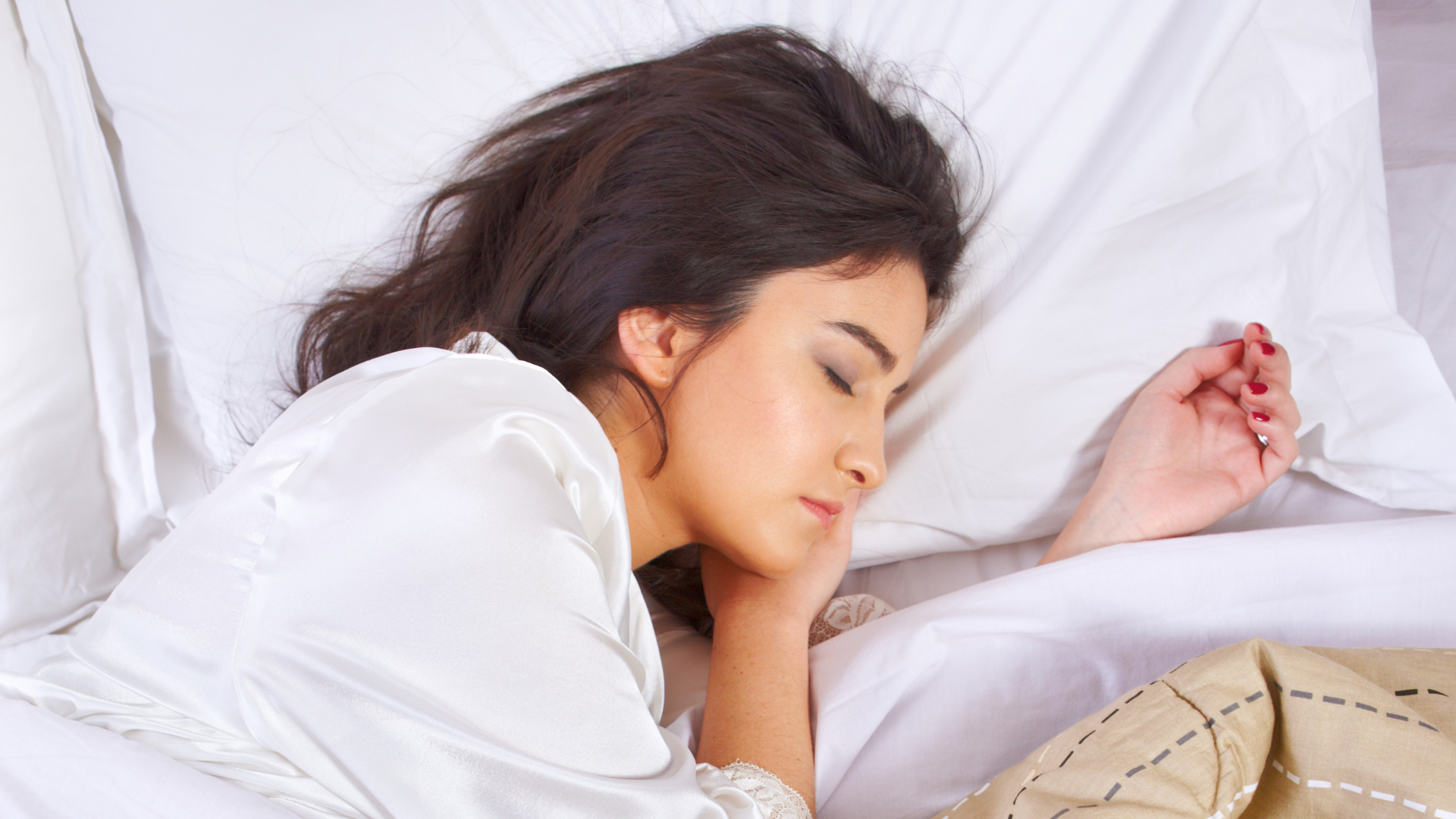
Stress, Sleep & Your Skin
Decoding the synergies that influence the body’s ecosystem.
Let’s begin with a quick thought experiment. Consider which body part pops into your mind first when you hear the word, ‘organ.’ Answers like the liver, the brain or the kidneys are the most likely responses. Ironically, not many people fully recognise the importance of the skin as the body’s largest organ. As a sensory organ, the skin plays a vital role in regulating the body’s temperature, providing a protective shield against infection, maintaining homeostasis throughout the body and secreting waste. It should come as no surprise therefore, that whenever the body is placed under pressure due stress, compromised immunity, lack of sleep or poor diet, the skin is often where the consequences of these realities manifest first. A lot of the time, the skin gives us the vital clues and signs that are needed to understand exactly what’s happening on a deeper physiological level. possible.

Stress and the skin – what the experts say
Stress is part of the human reality – a part that for most people, is simply inescapable. The unfortunate fact however, is that prolonged and heightened levels of stress; whether caused by work, relationships, emotional distress or major life changes, can take a serious toll on the body’s core functions.
This theory has been tested by a large number of academic institutions, many of whom were able to prove a clear correlation between what happens in the brain and what happens on the skin.
In one article, Harvard-trained, board-certified dermatologist, Neera Nathan, (MD, MSHS) provided a practical example of this by asking whether readers have ever felt anxiety or nervousness and instantly begun to sweat. This, as she asserted, is an acute, temporary stress response that manifests directly through the skin.
Similarly, if you’ve ever felt angry or enraged, you may relate to feeling that your skin feels flushed and red. This is another good example of the almost instant response of the skin to stress reactions. The catalyst behind these kinds of responses is the brain-skin axis, an interconnected pathway that can translate psychological stress from the brain to the skin and vice versa.
The body's stress response triggers the release of cortisol and other hormones, which, when chronically elevated, can contribute to inflammation and collagen breakdown. This, in turn, could manifest as skin concerns ranging from acne and eczema to premature aging.

A silent struggle: studies make a connection between stress and the skin
A growing body of evidence from various geographical locations around the world, point to the same finding. In Saudi Arabia, several academic collaborators set out to study the relationship between stress and health, with the purpose of determining whether the widely held belief that stress and anxiety can cause or exacerbate certain skin conditions.The study surveyed over 600 participants who answered key questions related to their perceived level of stress and a number of self-reported skin ailments. The results of the study were that conditions such as hair loss, eczema and acne are directly related to psychological stress.
In light of the above, some may assume that if psychological stress so clearly affects the health of the skin, eliminating stress could be the answer to all-season, healthy, glowing skin. The reality however, is that it’s far more complex than that.
Stress is actually a pretty normal reaction to things like physical threats, which cause our survival instincts to kick in. Moderate stress can also be a powerful motivator to accomplish goals, tackle challenging tasks and perform optimally.
Also, if we’re really honest, it’s impossible to eliminate stress entirely. What we can do however, is manage it – and do so in a way that can become part of our daily routine and that releases some of those amazing feel-good hormones into our system on a consistent basis. Coupled with a healthy diet, exercise, water and the power of positive thinking, and stress can become a stepping-stone rather than a setback.
What about the effects of sleep on the skin?
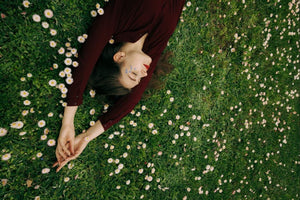
What about the effects of sleep on the skin?
When we think of the things we need to survive, many of us may intuitively think of things like food, water and oxygen. But sleep is just as essential. Without it – well the consequences would be dire to say the least.
And just like stress affects the skin, so does sleep – but in overwhelmingly positive ways. This topic has fascinated research and medical doctors for centuries and there are many studies that can attest to the fact that better sleep = better skin.
A beauty blueprint: studies on sleep and the skin
One study, published in the Journal of Cosmetics Dermatological Sciences and Applications, set out to assess the impact of one night of sleep deprivation on various skin biophysical properties. Twenty-four women were kept awake for one night in a controlled laboratory environment. The research found a few significant changes in many of the skin’s properties after sleep deprivation, compared to baseline measurements.
These changes included a notable decrease in skin hydration and impaired barrier function, leading to reduced skin elasticity, translucency, and increased scaling. Facial pores became more visible, and skin lightness decreased significantly. Additionally, skin blood flow experienced a major decrease.
The study scientifically confirmed that skin features associated with sleep deficiency, such as dryness and dullness, showed marked differences after just one night of sleep deprivation. The observed effects were consistent across the cheek, eye, and lip areas, which points to a significant association between sleep deprivation and various skin biophysical properties.

Another study on the same subject drew similar conclusions, specifically proving that not getting enough sleep can increase facial skin yellowness and cause loss of hydration. The graph below shows the level of facial yellowness in the study’s participants from the pre-deprivation phase (with no restriction of sleep), into a one-day total sleep deprivation phase (Day 1), followed by a post-deprivation phase (with no restriction of sleep). As the graph shows, total sleep deprivation significantly increased facial yellowness and this elevation was sustained for at least 48 hours afterwards.
Similarly, the study also conducted a test to determine the effects of repeated, partial sleep deprivation, particularly on the hydration levels of the skin. In this study, the pre-deprivation phase was set as Day 0, which provided a baseline. Following this, study participants were only allowed to sleep for 4 hours per night from Day 1 to Day 5. This was followed by the post-deprivation stage where sleep was not restricted in any way from Day 6 to Day 11. As the graph below illustrated, facial skin hydration was decreased by partial sleep deprivation. Hydration returned quickly to baseline levels in the post-deprivation period.

#Goal: Less stress. More rest
So there you have it. The research speaks volumes about the importance of managing stress and getting enough sleep. It’s not just something our parents, spouses and doctors talk about, but actually something for which there is scientific proof. Of course, even though the evidence is clear, many of us are still contending with chaotic schedules and may feel like there is simply not enough hours in the day to get good rest and reconnect with the things that make us feel at peace.
The reality is that living more consciously will look different for all of us. To inspire you though, we’ve put together a list of quick fixes that you can bring into your daily routine, with the help of some of our favourite natural beauty ingredients.
10 minute stress relief/better sleep boosters you can do right now
1) Give yourself a head, foot or hand massage on-the-go
2) Grab some colouring-in pencils and do some mindful doodling
3) Make yourself a cup of chamomile tea
4) Learn a simple origami design
5) Incorporate relaxing lavender into your organic skincare routine
6) Take a break and pop some bubble wrap
7) Turn on your favourite music and have a spontaneous dance session
8) Use a balloon and flour to make your own stress ball
9) Give yourself a gua sha facial massage before bed using the Inlight Beauty Night Balm
10) Do your favourite yoga pose barefoot on grass or soil
For a final boost of inspiration, we’ll end with a quote from Inlight Beauty founder, Dr Mariano Spiezia:
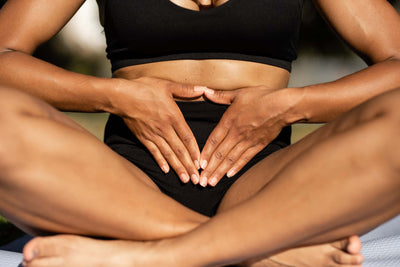
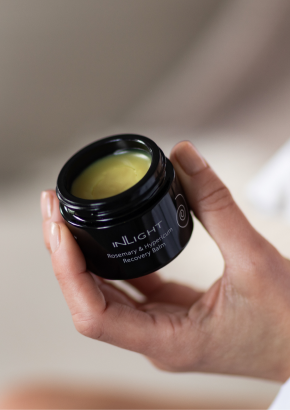
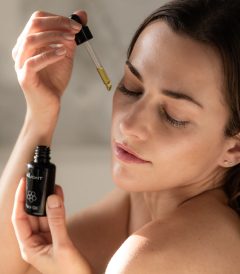
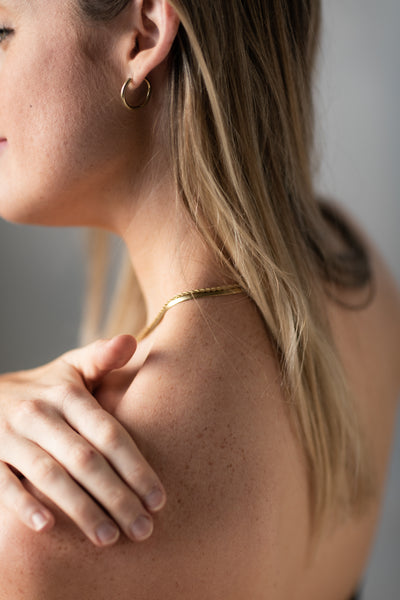
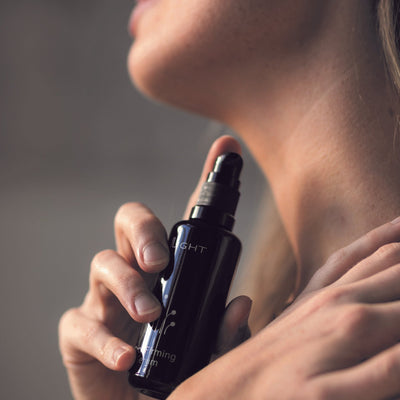
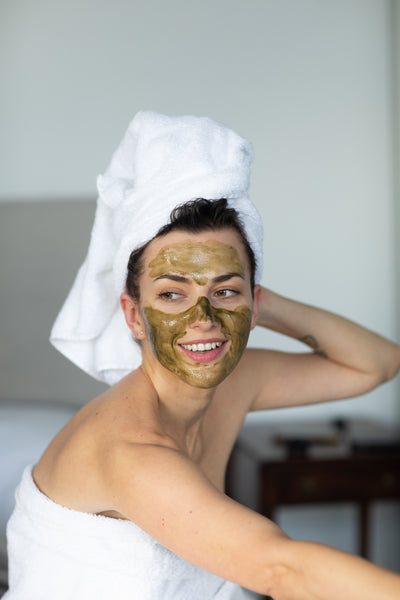
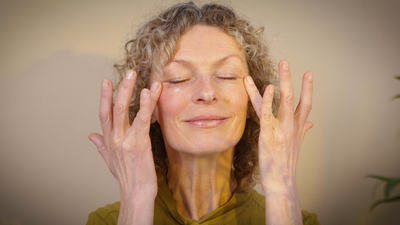
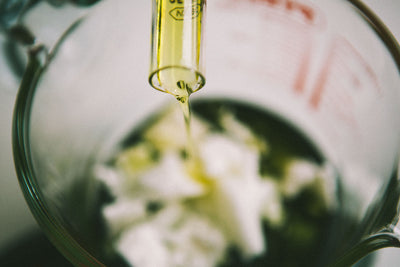




.png?v=1709810838241)

.png?v=1709810636380)













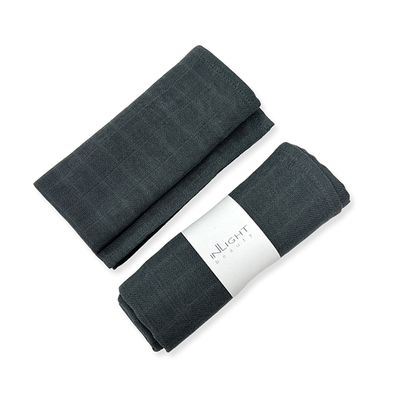


.png?v=1709810460212)

